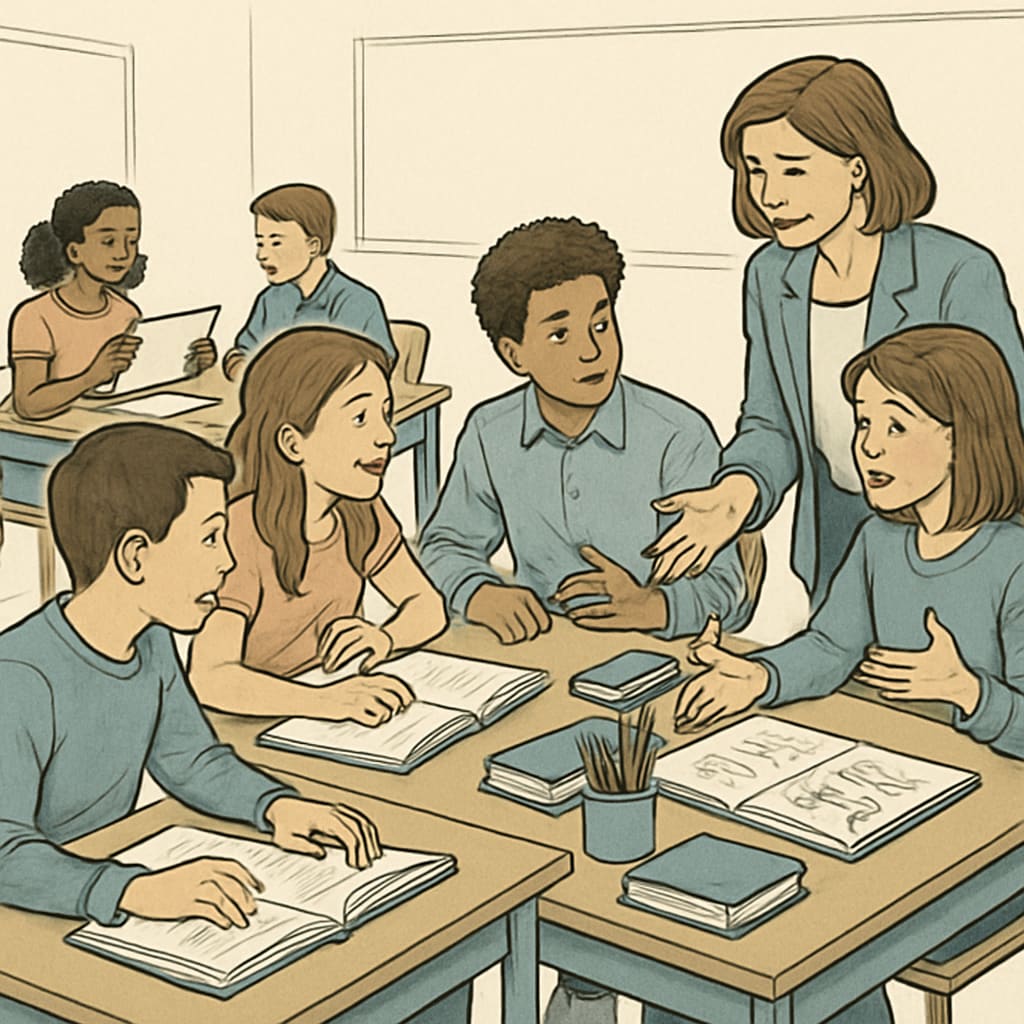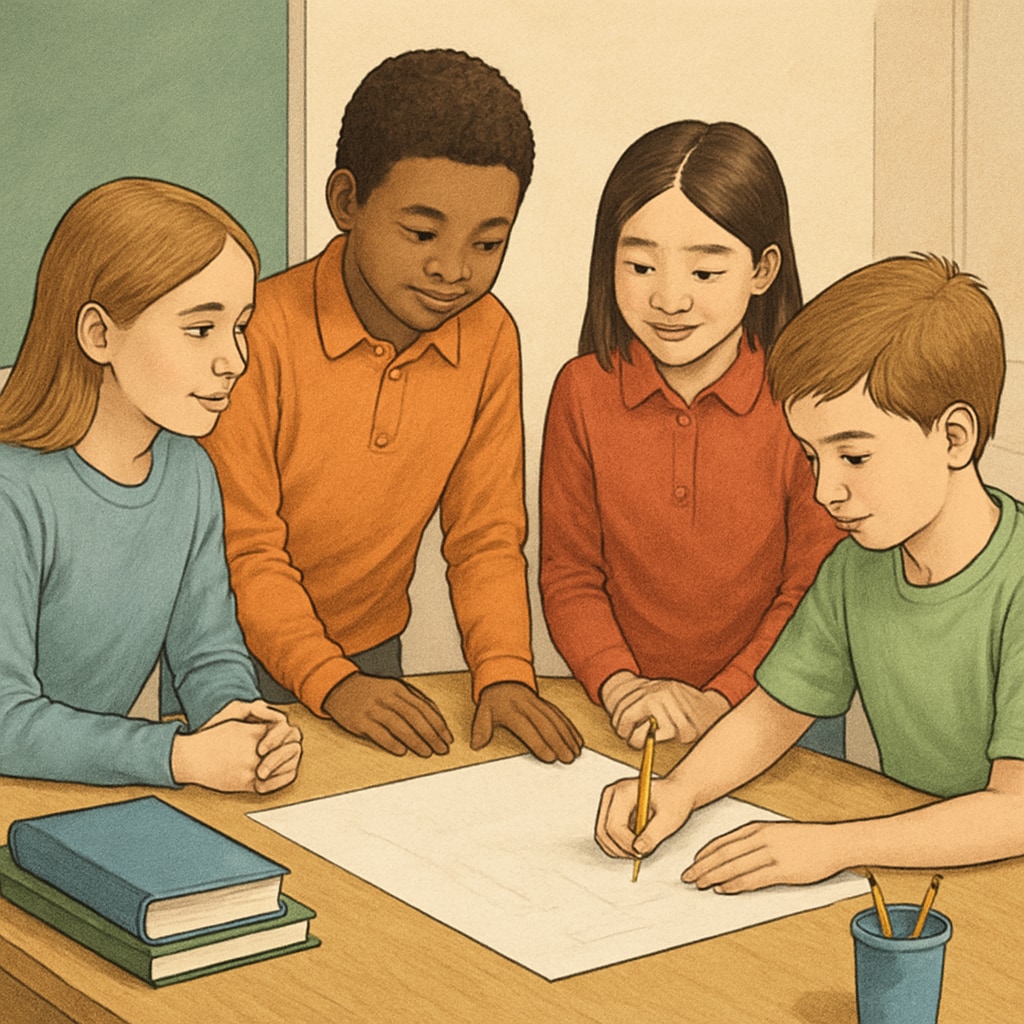Education, critical thinking, self-awareness, and respect are essential elements that influence individual growth, particularly during the formative K-12 years. Beyond academic achievements, education plays a profound, often understated role in shaping the character and cognitive frameworks of young learners. By fostering critical thinking, nurturing self-awareness, and instilling respect, education helps students grow into thoughtful, compassionate, and adaptable individuals capable of navigating an increasingly complex world.
The Role of Critical Thinking in Education
Critical thinking is one of the cornerstones of modern education. This skill involves analyzing information, evaluating evidence, and making reasoned decisions. In today’s digital age, where misinformation often spreads as quickly as facts, the ability to think critically is more important than ever.
For example, many schools introduce exercises that encourage students to question assumptions, analyze arguments, and solve problems creatively. These activities not only enhance intellectual curiosity but also enable students to approach challenges with an open and innovative mindset. According to a study by Wikipedia’s overview on critical thinking, developing this skill early prepares individuals for both academic success and real-world problem-solving.

Self-Awareness: A Key Outcome of Education
Self-awareness, or the ability to understand one’s emotions, motivations, and behaviors, is another vital attribute cultivated through education. Teachers and mentors often guide students to reflect on their learning journeys, encouraging them to identify strengths and areas for improvement. This process not only builds confidence but also fosters accountability.
For instance, journaling exercises and peer feedback sessions are common methods used in schools to promote self-awareness. By engaging in introspection, students gain a clearer understanding of their goals and values, helping them make choices aligned with their personal aspirations. As a result, self-aware individuals are more likely to excel in both their personal and professional lives.
Respect and Empathy: Foundations of Character Building
Respect is a fundamental value that education instills. From cooperative group projects to discussions on global cultures, students learn to appreciate diversity and practice empathy. These lessons are crucial in developing a well-rounded character capable of thriving in multicultural and collaborative environments.
For example, programs that emphasize social-emotional learning (SEL) teach students how to navigate interpersonal relationships with kindness and understanding. According to Britannica’s article on empathy, such skills are essential for fostering a sense of community and reducing conflicts. Respectful individuals are not only better collaborators but also more compassionate leaders.

In addition, respect extends beyond interpersonal interactions. It encompasses an appreciation for the environment, societal norms, and even one’s own boundaries. When young learners internalize this value, they are better equipped to contribute positively to society.
The Invisible Yet Transformative Power of Education
While the immediate outcomes of education are often measured through grades and test scores, its true impact lies in the long-term development of character and thought. By prioritizing critical thinking, self-awareness, and respect, educators lay the foundation for students to lead meaningful and fulfilling lives.
As society evolves, the role of education must also adapt to meet new challenges. However, its core mission remains unchanged: to nurture individuals who are not only knowledgeable but also ethical, reflective, and empathetic contributors to the world.
Readability guidance: This article uses short paragraphs, clear transitions, and examples to enhance readability. Lists and bullet points could be added to summarize key points in future iterations.


